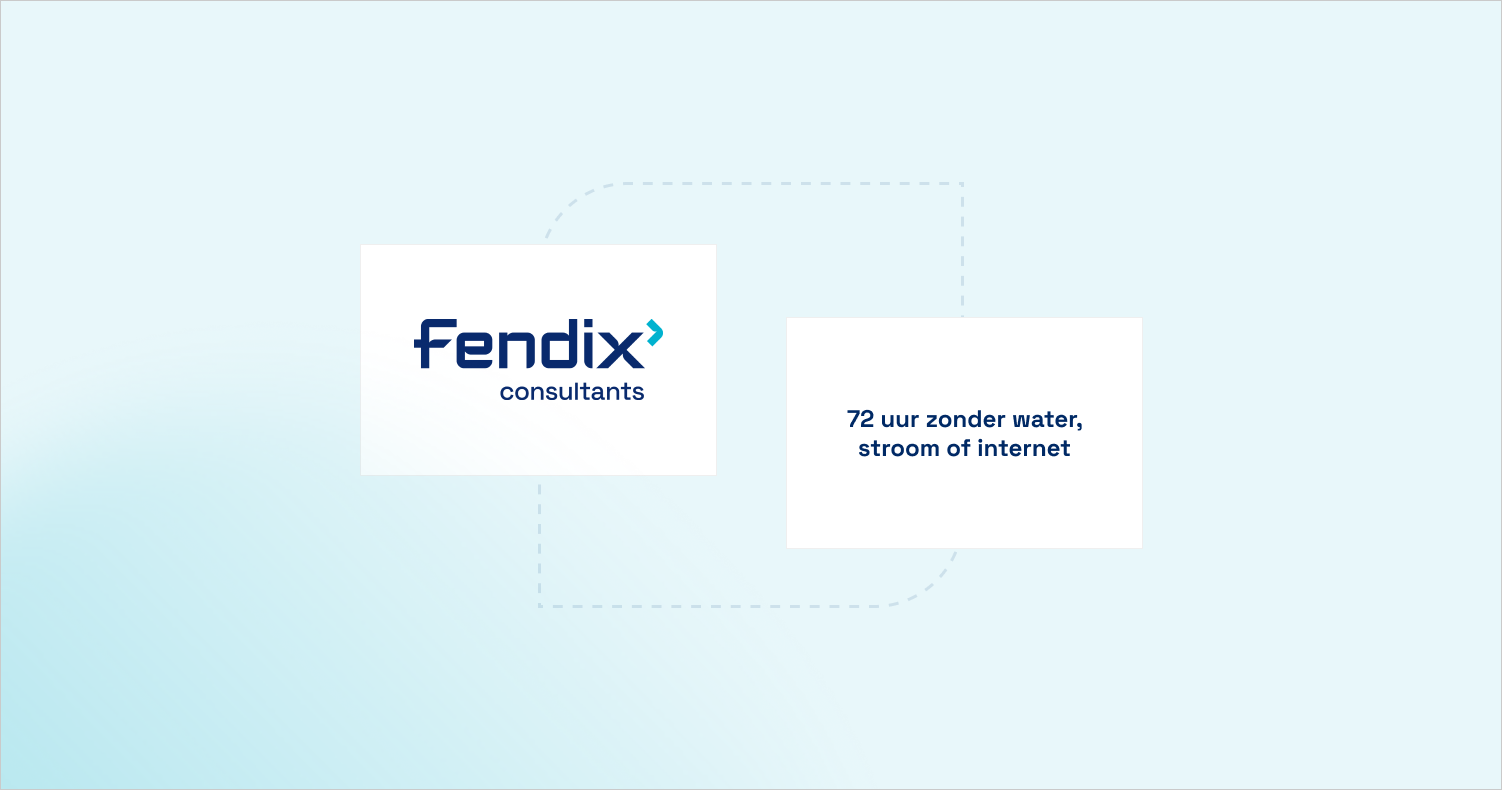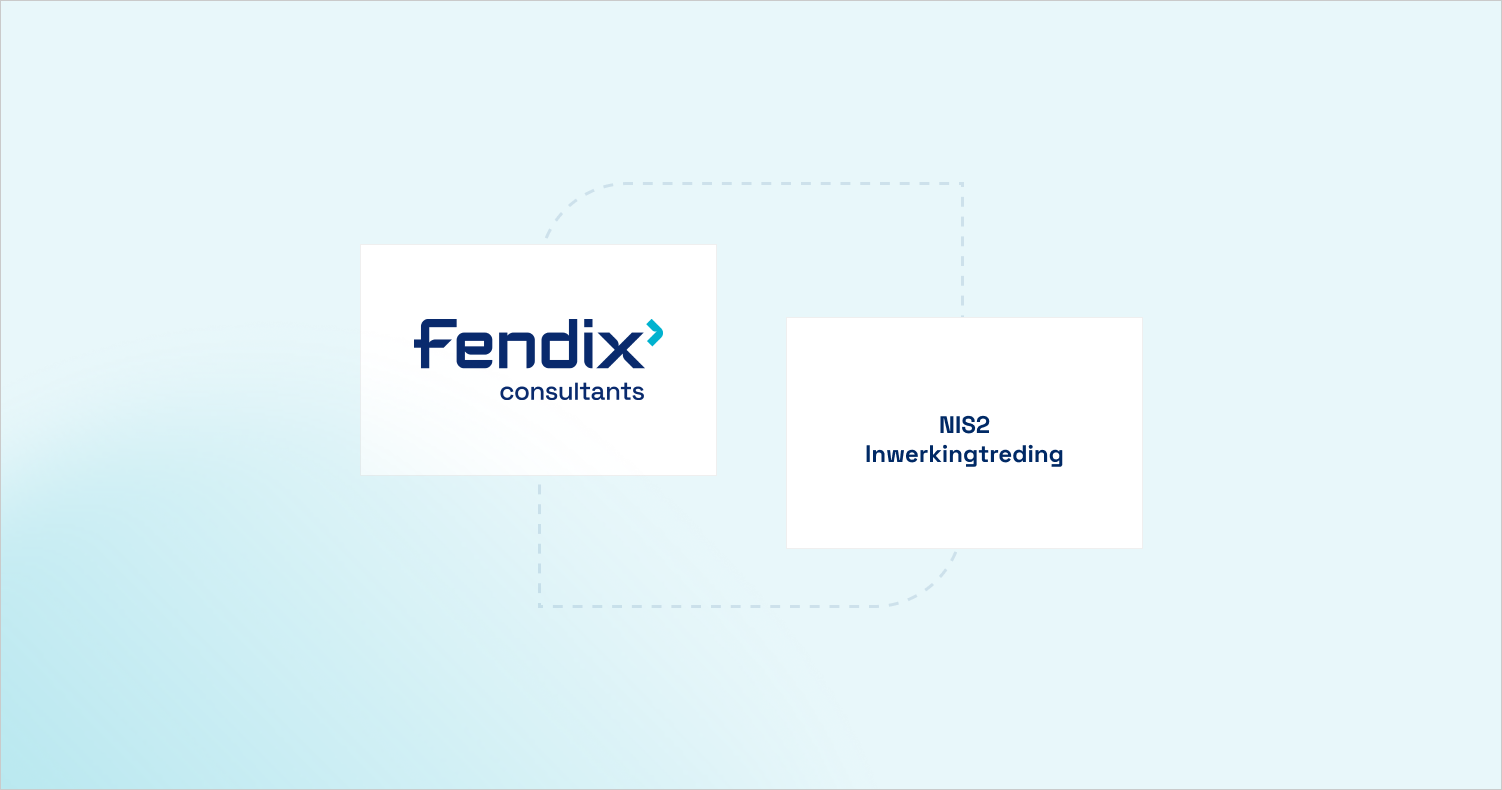Why ISO/IEC 42001?
AI raises questions of safety, reliability and ethics. ISO/IEC 42001 provides a certified AI management system (AIMS) that helps organizations address these challenges. It emphasizes the importance of transparency, efficiency and safety when integrating AI within existing structures.
What does the ISO/IEC 42001 standard entail?
The standard emphasizes integrating a new AI management system within organizations. It also requires organizations to conduct an AI Impact Assessment (AISA) to map the impact of using AI on individuals or groups. This is similar to a DPIA (Data Protection Impact Assessment) from the AVG. In addition, ISO 42001 contains four annexes:
- Annex A: a list of 38 control measures divided into 9 domains to supplement the management system.
- Annex B: This discusses ethics, data management, effects and continuous monitoring/adaptation of AI systems.
- Annex C: information on AI-related business goals and risks.
- Annex D: covers the domains and sectors in which an AI system can be used.
Benefits of ISO/IEC 42001 certification.
After a successful audit, certification offers numerous benefits, including:
- Implementation of AI with evidence of responsibility and accountability.
- Consideration of safety, transparency, fairness and quality over the life cycle of AI.
- Clear objectives and strong governance with a balance between innovation and management.
- Ensure responsible use of AI, with continuous learning.
- Integration with other management standards for a similar approach.
ISO/IEC 42001 in the world of AI
The standard is the result of global expertise and has involved experts from more than 50 countries. The publication of ISO 42001 coincides with the political agreement on the AI Act adopted Dec. 9 in Europe. It aims to help organizations embrace and use AI, regardless of size or type, with a focus on trust, transparency and ethics.
Objectives of ISO/IEC 42001
- Reliable AI systems: ISO/IEC 42001 aims to develop AI systems that are reliable and transparent, allowing organizations and users to trust them.
- Ethics in Practice: The standard emphasizes ethical principles, such as fairness and respect for privacy, to ensure that AI is applied in an ethical manner.
- Risk Management and Efficiency: Organizations can identify and reduce risks, leading to greater efficiency and lower costs when implementing AI.
- Regulatory compliance: ISO/IEC 42001 helps maintain regulatory compliance, including data protection requirements, thus promoting sound AI practices.
- Trust and Leadership: Organizations that comply with ISO/IEC 42001 demonstrate leadership in ethical AI, gaining trust and competitive advantage.
Ready for the Future of AI
In a world where AI is growing, ISO/IEC 42001 is an indispensable tool for organizations seeking to manage risk, embrace innovation and maintain stakeholder trust. It is not just a certification; it is the key to building a future where AI is responsible, ethical and trustworthy.


















